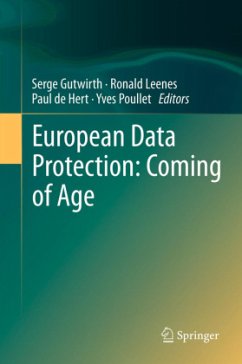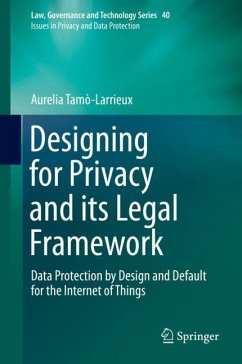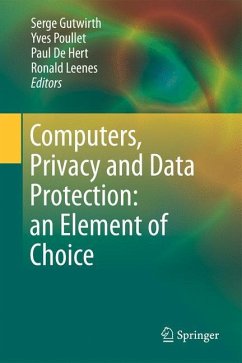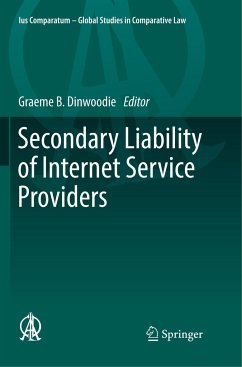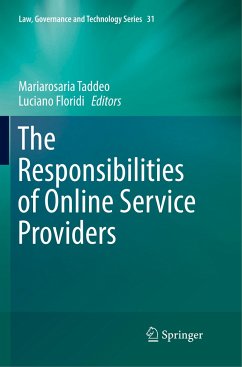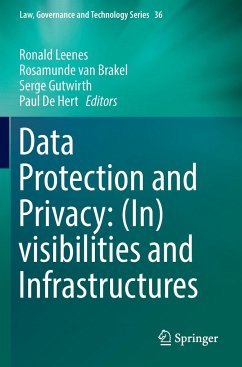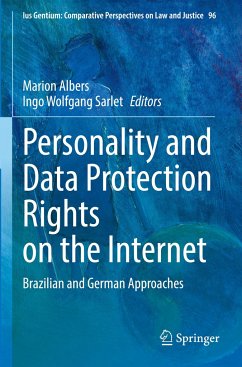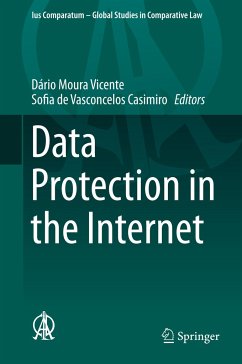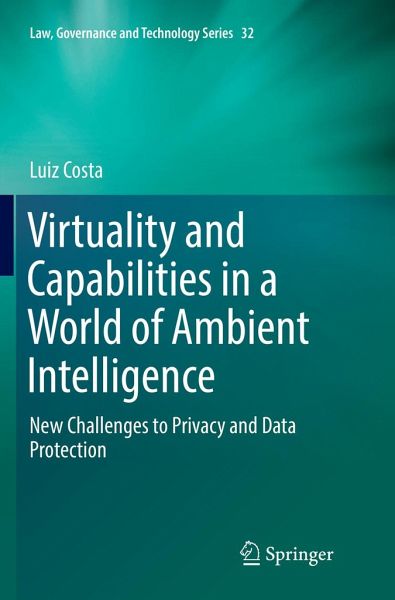
Virtuality and Capabilities in a World of Ambient Intelligence
New Challenges to Privacy and Data Protection
Versandkostenfrei!
Versandfertig in 6-10 Tagen
76,99 €
inkl. MwSt.
Weitere Ausgaben:

PAYBACK Punkte
38 °P sammeln!
This book is about power and freedoms in our technological world and has two main objectives. The first is to demonstrate that a theoretical exploration of the algorithmic governmentality hypothesis combined with the capability approach is useful for a better understanding of power and freedoms in Ambient Intelligence, a world where information and communication technologies are invisible, interconnected, context aware, personalized, adaptive to humans and act autonomously. The second is to argue that these theories are useful for a better comprehension of privacy and data protection concepts ...
This book is about power and freedoms in our technological world and has two main objectives. The first is to demonstrate that a theoretical exploration of the algorithmic governmentality hypothesis combined with the capability approach is useful for a better understanding of power and freedoms in Ambient Intelligence, a world where information and communication technologies are invisible, interconnected, context aware, personalized, adaptive to humans and act autonomously. The second is to argue that these theories are useful for a better comprehension of privacy and data protection concepts and the evolution of their regulation. Having these objectives in mind, the book outlines a number of theses based on two threads: first, the elimination of the social effects of uncertainty and the risks to freedoms and, second, the vindication of rights. Inspired by and building on the outcomes of different philosophical and legal approaches, this book embodies an effort to better understand thechallenges posed by Ambient Intelligence technologies, opening paths for more effective realization of rights and rooting legal norms in the preservation of the potentiality of human capabilities.



